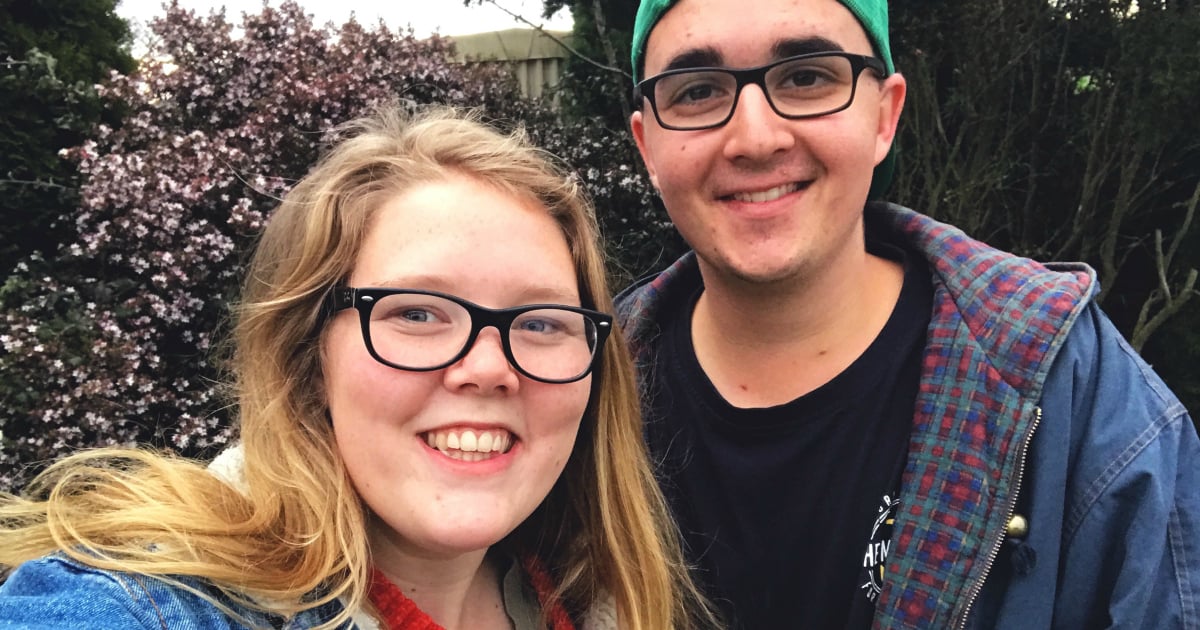“You are so young.” Those four words. Four words that made me shrivel every single time I heard them.
I was 20-years-old when the doctor looked me in the eyes, as I failed to react to his words – “You are so young, I’m sorry to tell you this, but you have cancer”.
In that moment my biggest worry was how do I tell my new job that I could no longer start on the 18th? How I was going to tell my friend why I couldn’t make it to her 21st at the end of February?
It didn’t sink in…. what this meant for me. That was the day I was diagnosed with a rare form of appendix cancer and early onset bowel cancer. Before that I didn’t even know appendix cancer existed.
Lying down in the hospital ward, I remember looking around and noticing a 40-year age gap between me and any other patient, any other visitor, as well as any other nurse. I was in that hospital ward just after having had my appendix and 30cm of bowel removed.
I had to grow up pretty quickly. Having to think about things like fertility treatments, undergoing chemotherapy and several rounds of surgery does that to you. Cancer became my every day normal. It became my life. I had to defer my employment with the Defence Force indefinitely and could no longer focus on my studies. I felt so lost at this time. When I looked around that hospital ward I couldn’t help but think I was unlike the other cancer patients around me – I was yet to start my career, or buy a house, or have children.
The first thing I did when I went got home from surgery was attempt to pick up my guitar. The pressure on my stomach after surgery was too much. Without my only coping mechanism, I ended up being left isolated, frustrated and miserable.


